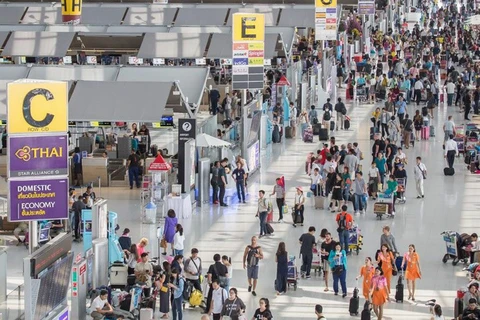Bangkok (NNT/VNA) - The Thai prime minister has called for the establishment of a special committee tasked with preparing for and mitigating the effects of the El Nino weather phenomenon. The committee’s primary focus is to assess the feasibility of declaring a state of emergency in various provinces to facilitate rapid response efforts.
Government Spokesperson Chai Wacharonke said declaring a state of emergency would empower local authorities, including tambon administrative organisations, provincial administrative organisations, and local municipalities with ample budget reserves, to immediately allocate funds for critical projects.
Chai noted that these initiatives could involve the construction of weirs, underground water banks, and other locally manageable solutions.
During recent cabinet discussions, participants agreed that the global impact of El Nino is expected to persist for up to three years. They all came to the conclusion that without a comprehensive plan in place, Thailand could potentially face damage ranging from a minimum estimate of 600 billion THB to as much as 2 trillion THB over this three-year period./.
Government Spokesperson Chai Wacharonke said declaring a state of emergency would empower local authorities, including tambon administrative organisations, provincial administrative organisations, and local municipalities with ample budget reserves, to immediately allocate funds for critical projects.
Chai noted that these initiatives could involve the construction of weirs, underground water banks, and other locally manageable solutions.
During recent cabinet discussions, participants agreed that the global impact of El Nino is expected to persist for up to three years. They all came to the conclusion that without a comprehensive plan in place, Thailand could potentially face damage ranging from a minimum estimate of 600 billion THB to as much as 2 trillion THB over this three-year period./.
VNA
























